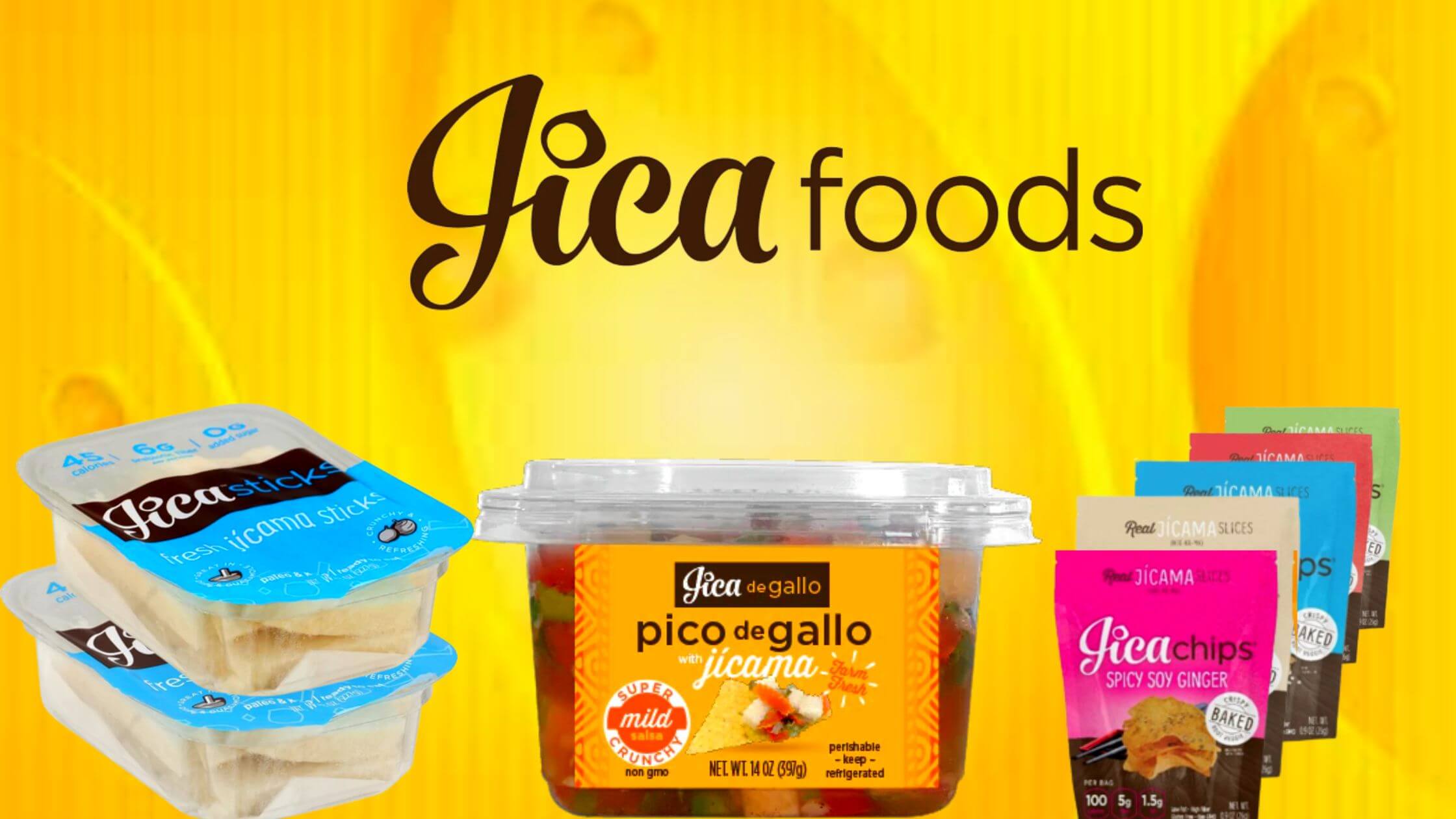Table of Contents
I. Introduction
Jicama, also known as the Mexican turnip or root vegetable, has been a staple in Mexican cuisine for centuries. But have you heard of Jica Foods, a snack made from this versatile vegetable?
Jica Foods was founded in 2015 by Melissa Colella-Wang and Xin Wang after they discovered the deliciousness of jicama while on a trip to Mexico. They saw the potential for jicama to be more than just a traditional vegetable and decided to start a business selling jicama as a tasty and healthy snack.
II. The Health Benefits of Jicama
One of the reasons jicama makes such a great snack food is because it is a nutrient-dense food. Not only is it low in calories, but it also has high fiber and water content. This combination helps to keep you feeling full and satisfied between meals. Additionally, jicama has been shown to be good for digestive health, making it an excellent addition to any diet. And for those looking for a boost of Vitamin C, jicama is a great source of it.
III. How Jicama is typically eaten
When it comes to preparation, jicama is incredibly versatile. It is often used in salads, starters, soups, and one-bowl meals. Jica Foods, however, offers jicama in a new and exciting way. They take jicama and cut it into sticks, which are then served mixed with chili and lemon masala. The result is a savory and satisfying snack that is perfect for any time of day.

IV. Jica Foods on Shark Tank
So what happened to Jica Foods after Shark Tank season 14? Jica Foods’ journey to success was not without its challenges, however. In season 14 episode 10 of Shark Tank, Melissa and Xin appeared on the show to pitch their business and seek an investment of $300,000 in exchange for a 3% equity at a $10 million valuation. While the outcome of their appearance on the show is not public, it is clear that the company has made a name for itself in the snack food industry.
It’s not specified publicly what happened with Jica Foods during their appearance on Shark Tank. However, generally speaking, the show features entrepreneurs making a pitch to a panel of investors, known as “sharks,” in the hopes of getting a deal for their business. The entrepreneurs present their idea and financials, and then the sharks ask questions and offer feedback. The sharks may also make offers to invest in the business, which the entrepreneurs can choose to accept or reject.
During the pitch process, it’s not uncommon for entrepreneurs to face difficult and sometimes skeptical questions from the sharks. The investors have experienced businesspeople and they want to understand the product and its potential for growth and profitability before investing their own money. Also, it’s not uncommon for entrepreneurs to negotiate the terms of a deal, such as the amount of equity they’re willing to give up in exchange for a certain amount of investment.
V. Conclusion
While the outcome of Jica Foods’ appearance on Shark Tank is not publicly known, it is likely that they had to face these same challenges during their pitch, and the final decision of whether or not they were able to secure an investment from the Sharks is not available. But regardless, it could be an opportunity for the founders to get more exposure and awareness for their business, and to try to get investment in other ways.

